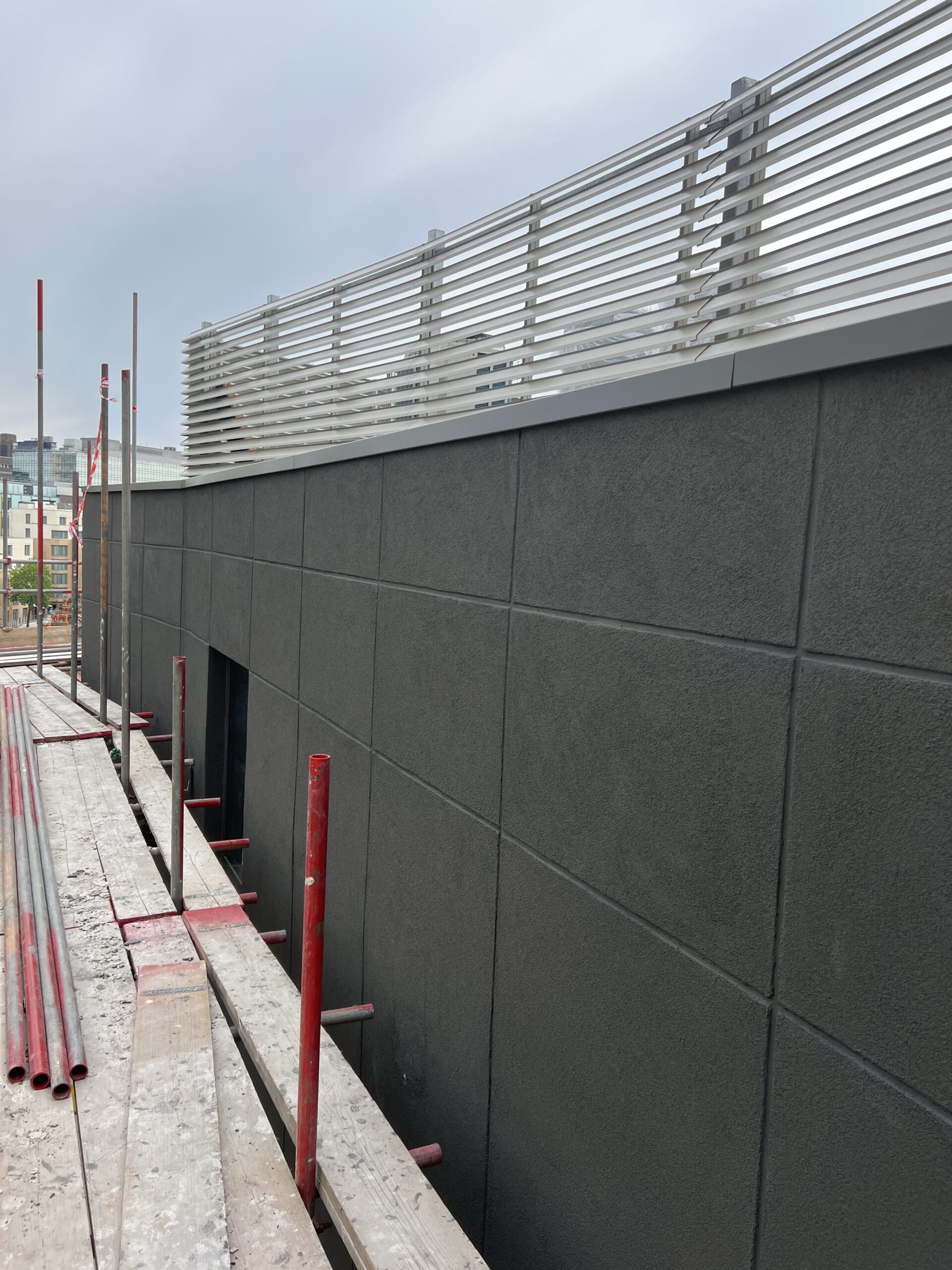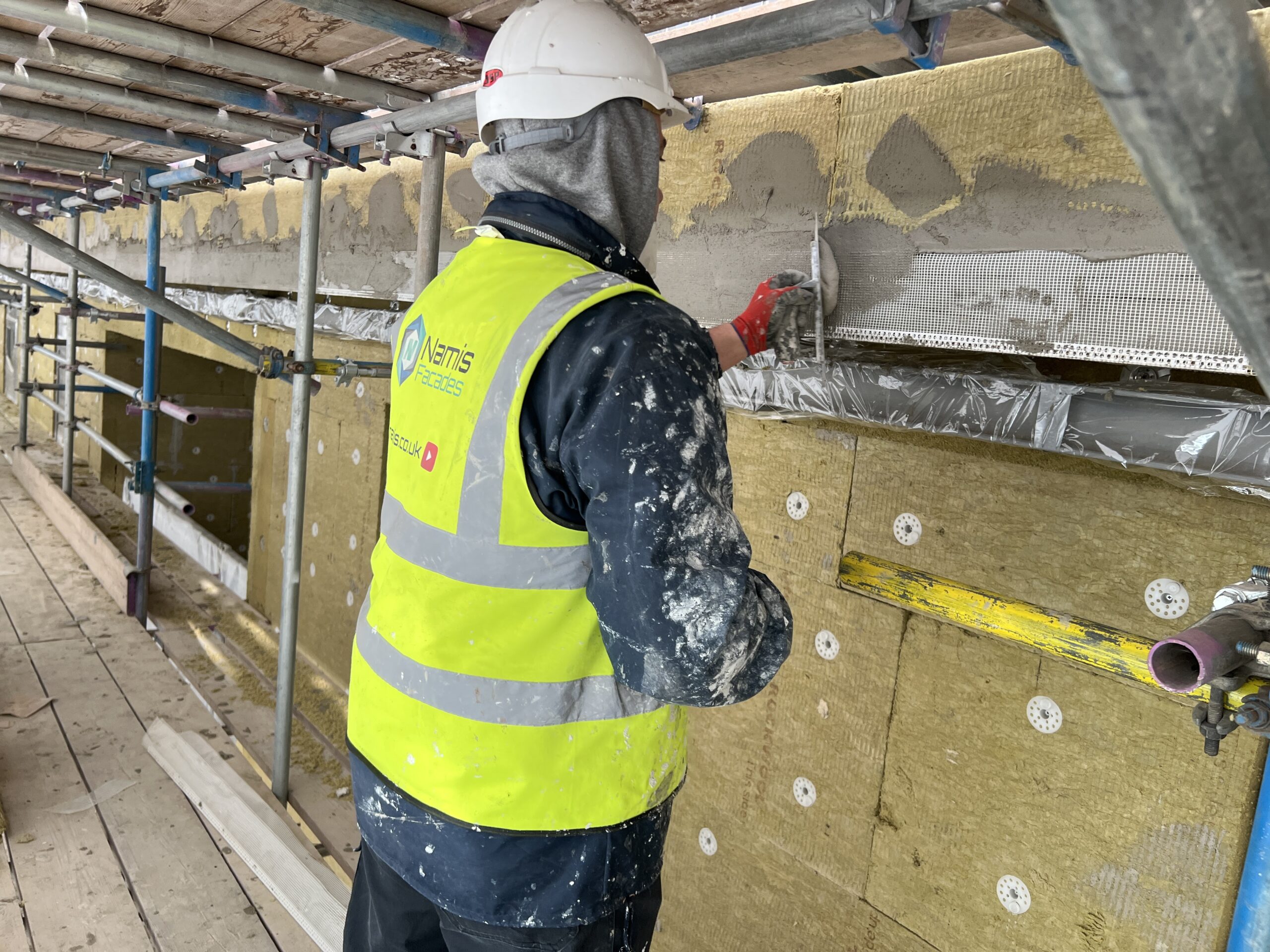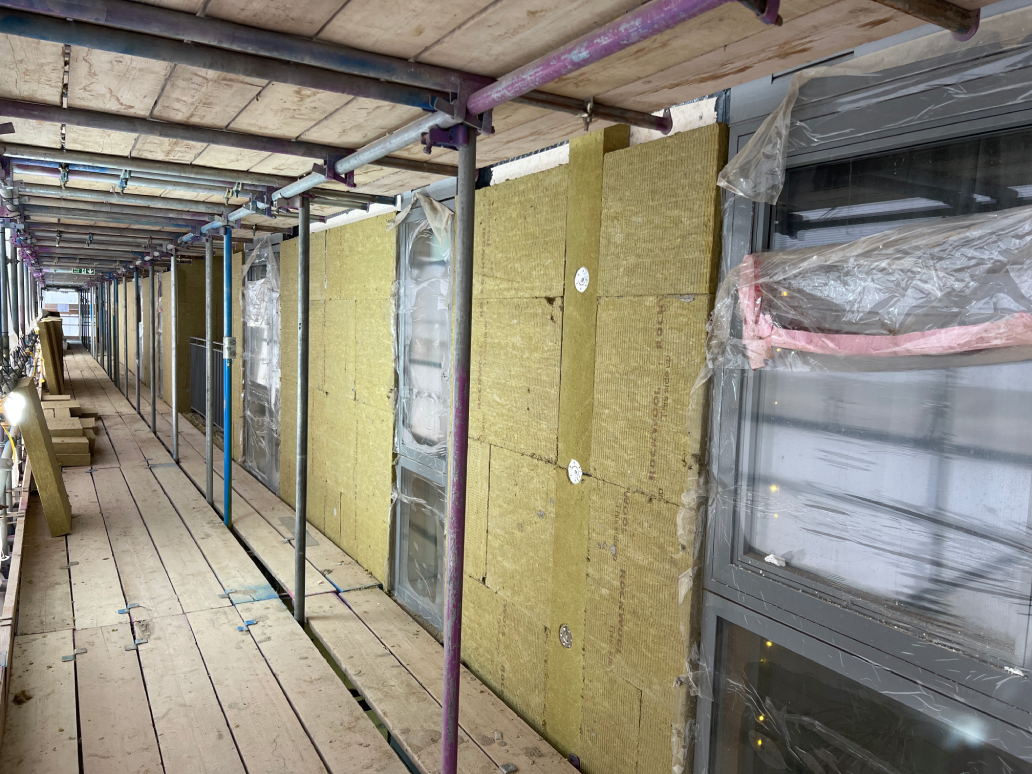Is Silicone Render Worth It? 6 Pros and Cons
When it comes to exterior finishes, silicone render has gained popularity for its durability and aesthetic appeal. But is it worth the investment? Let’s explore the pros and cons of silicone render to help you make an informed decision for your next project.
Pro 1: Exceptional Durability and Weather Resistance
Silicone render offers outstanding resilience against the elements, making it a top choice for exterior coatings. Its exceptional water resistance and flexibility provide long-lasting protection for your building’s facade.


Unlike traditional renders, silicone render is highly crack-resistant and can withstand harsh weather conditions, including heavy rain, UV rays, and temperature fluctuations. This durability translates to lower maintenance costs and a longer-lasting finish for your property.
Pro 2: Aesthetic Versatility
One of the most attractive features of silicone render is its wide range of color options and finishes. With over 1000 colors available, you can easily find the perfect shade to complement your building’s design.
Key Points: Silicone Render Finish Options
- Various aggregate sizes available (0.7mm to 5.0mm)
- Self-cleaning properties (diminish with higher aggregate size)
- Wide spectrum of color options (over 1000 colors)
- Modern and sleek appearance
- Highly crack-resistant and weather-resistant
- 5-10 times more crack-resistant than traditional renders
- Can withstand temperatures from -40°C to 120°C and UV rays
- Lower maintenance costs due to reduced cracking and weathering
- Suitable for various building structures, including timber frame and SFS constructions
The self-cleaning properties of silicone render help maintain its fresh appearance over time, although this feature may diminish with larger aggregate sizes.
Pro 3: Suitable for Various Building Types
Silicone render’s flexibility makes it an excellent choice for different building structures, including timber frame and SFS (Steel Framing System) constructions. Its ability to accommodate slight movements in the building prevents cracking and ensures a long-lasting finish.


This versatility extends to both new builds and renovation projects, making it a popular choice for external wall insulation systems and cladding remediation work.
Con 1: Higher Initial Cost
One of the main drawbacks of silicone render is its higher upfront cost compared to other rendering options. It’s typically about 30% more expensive than traditional renders like Monocouche Spray Render.
Cost Comparison: Silicone vs. Monocouche Render
However, it’s essential to consider the long-term cost-effectiveness. The durability and low maintenance requirements of silicone render can offset the initial investment over time.
Con 2: Professional Application Required
While DIY enthusiasts might be tempted to tackle the project themselves, silicone render requires skilled application for optimal results. Professional installation is crucial to ensure proper adhesion, uniform thickness, and a flawless finish.


Hiring experienced professionals, like those at Namis Facades, ensures that your silicone render is applied correctly, maximizing its benefits and longevity.
Con 3: Weather-Dependent Application
The application of silicone render is weather-dependent, which can potentially cause project delays. Ideal conditions for application include dry weather with temperatures between 5°C and 25°C. This limitation can be challenging in regions with unpredictable weather patterns.
Is Silicone Render Worth It? The Verdict
After weighing the pros and cons, silicone render proves to be a worthwhile investment for many property owners. Its exceptional durability, aesthetic versatility, and suitability for various building types make it an attractive option despite the higher initial cost and professional application requirement.
Durability
10-15 years lifespan
Weather-resistant
95% water resistance
Aesthetic
Over 100 color options
Flexibility
10% elongation
For those prioritizing long-term performance and low maintenance, silicone render offers excellent value. However, if budget constraints are a significant concern, alternatives like Monocouche Spray Render might be more suitable.
Ultimately, the decision depends on your specific needs, budget, and property type. For personalized advice on whether silicone render is the right choice for your project, don’t hesitate to contact Namis Facades. Our experts can guide you through the options and help you make the best decision for your property’s exterior finish.
